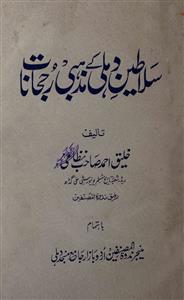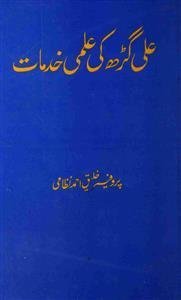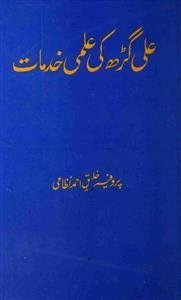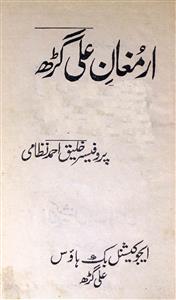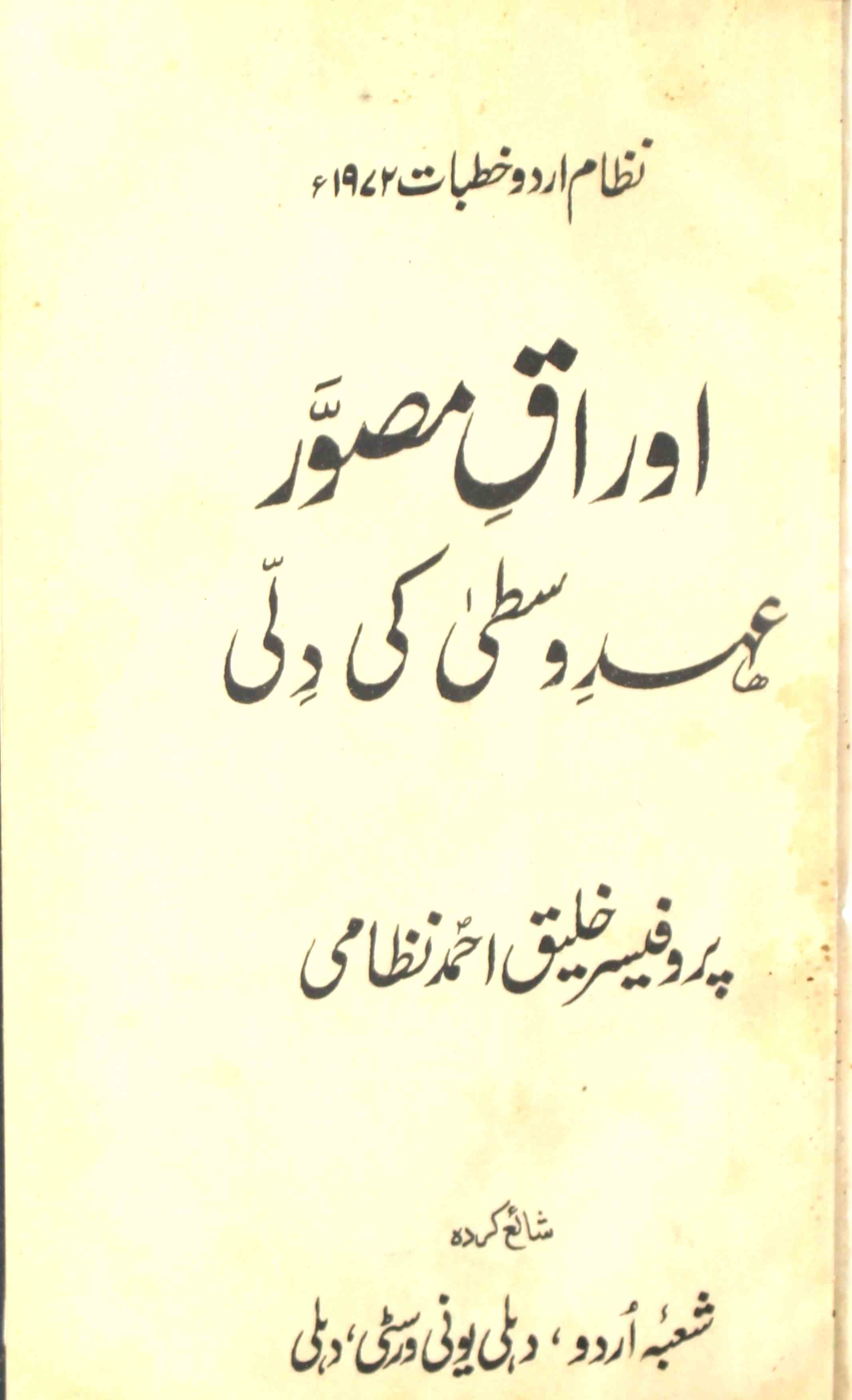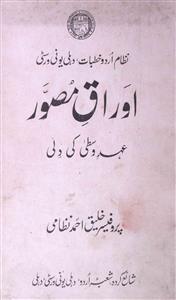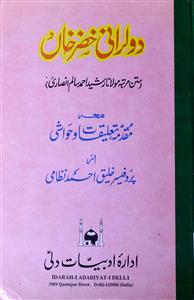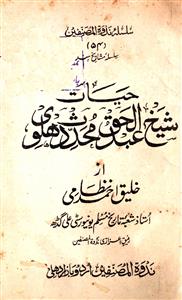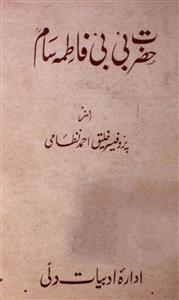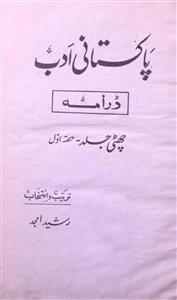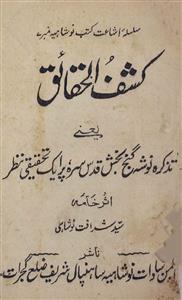 For any query/comment related to this ebook, please contact us at haidar.ali@rekhta.org
For any query/comment related to this ebook, please contact us at haidar.ali@rekhta.org
About The Book
سلاطین دہلی مسلمان ضرور تھے مگر ان کے عقائد و نظریات کیا تھے؟ اس پہلو پر بہت کم لکھا گیا ہے۔ حالانکہ اس موضوع پر یوروپین مورخین نے بہت کچھ لکھا ہے مگر ان کی تحریروں کی حقانیت پر پورا بھروسہ نہیں کیا جاسکتا۔ کیونکہ ان سلاطین کی زندگی کے ماخذ زیادہ تر فارسی زبان میں ہیں۔ البتہ یہ کتاب جس کا آپ مطالعہ کررہے ہیں ، اس میں سلطان قطب الدین ایبک سے لے کر سلطان ابراہیم لودی تک تمام سلاطین دہلی کے مذہبی افکار، نظام حکومت اور تاریخ اسلام میں سلطنت دہلی کی حیثیت پر مکمل بحث موجود ہے۔ یہ کتاب سلاطین دہلی اور ان کے عقائد کو جاننے کا ایک مستند ذریعہ ہے۔
About The Author
Khaliq Ahmad Nizami (born 1925), an Indian historian, religious scholar, and diplomat, was best known for his work on the history of medieval India and in particular for his studies of the Muslim community of that time.
Khaliq Ahmad Nizami was born in the town of Amroha in the United Provinces of British India on December 5, 1925. He was the son of Aziz Ahmad and Sayyidah Nizami. Khaliq Ahmad received his education in India, and though he travelled extensively and gained much recognition abroad, he also largely pursued his academic career in his native country. He attended the University of Agra, where he completed the M.A. in history in 1945. In the following year he was awarded the LL.B. degree by the same institution. Married to Raziyah Nizami, the couple had five children.
In 1947 Nizami joined the staff of the Aligarh Muslim University in Aligarh, India, in the Department of History. The Aligarh Muslim University was the premier institution of higher education for Muslims in India in both pre-partition and post-partition days. In the period between 1937 and 1947 it was the foremost center of the Muslim political agitation that eventually led to the partition of India and the creation of Pakistan. Nizami was among those Muslim intellectuals who opted for Indian nationalism and the cause of the Indian National Congress. In consequence, he remained in India with his family when the country was divided in 1947.
Nizami's rise in position at Aligarh was both steady and swift. In 1953 he became reader in history, and in 1963 he was promoted to the rank of professor. The latter appointment was accompanied by his being made head of the university's Centre of Advanced Study in History, which has numbered many of the best and most famous twentieth-century historians of India among its personnel. In 1968 he gained the respected title of senior professor of the university. He also played an important part in the administration of the Aligarh Muslim University. He acted as pro-vice-chancellor in 1972-1973 and in 1974 became vice-chancellor, the highest executive officer of the institution. In 1978 he was made the Indian ambassador to Syria, but at the same time between 1978 and 1980 he served as dean of the social sciences at the university. In 1980 he became head of the Department of History at Aligarh.
 For any query/comment related to this ebook, please contact us at haidar.ali@rekhta.org
For any query/comment related to this ebook, please contact us at haidar.ali@rekhta.org
Write a Review
Jashn-e-Rekhta 10th Edition | 5-6-7 December Get Tickets Here
